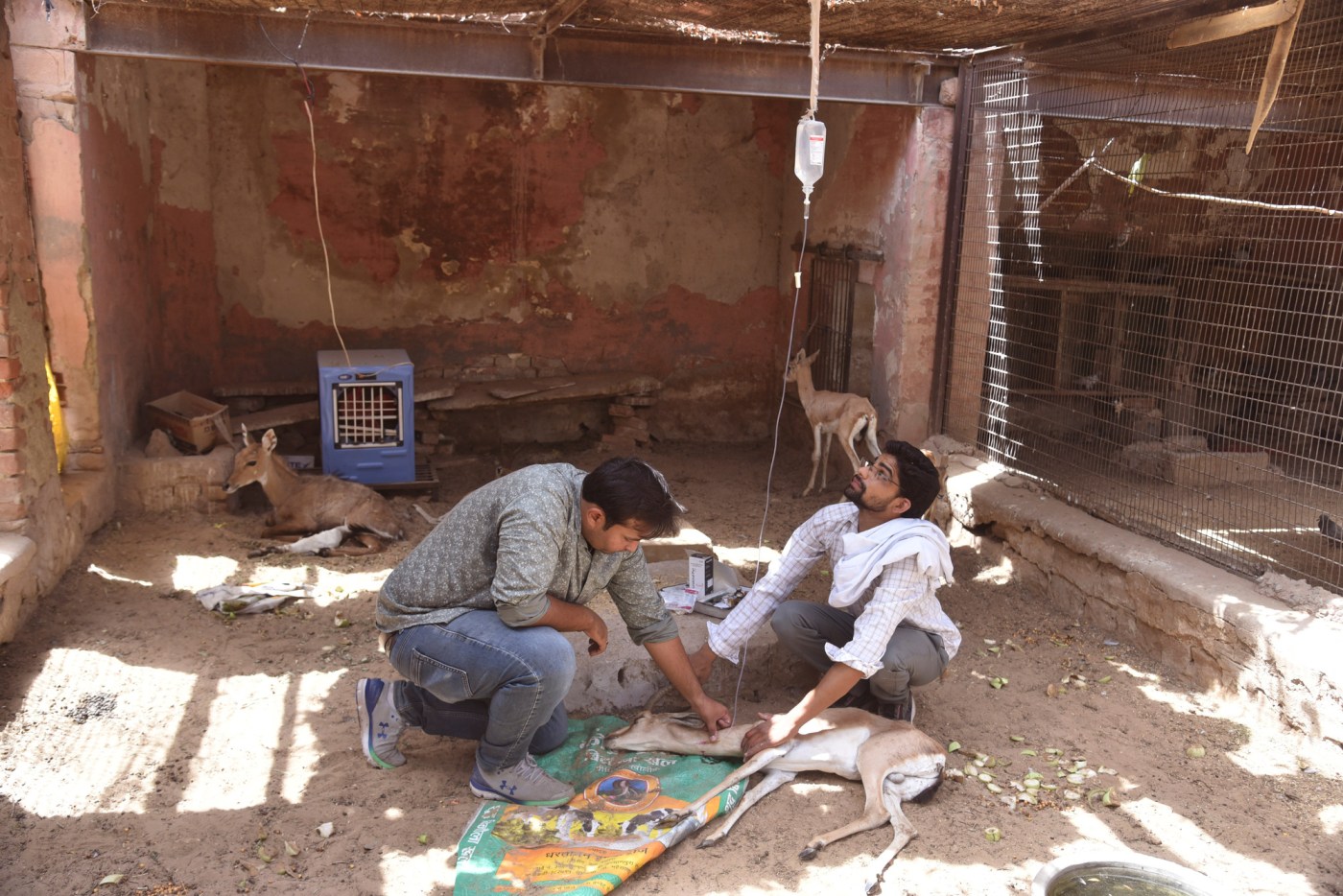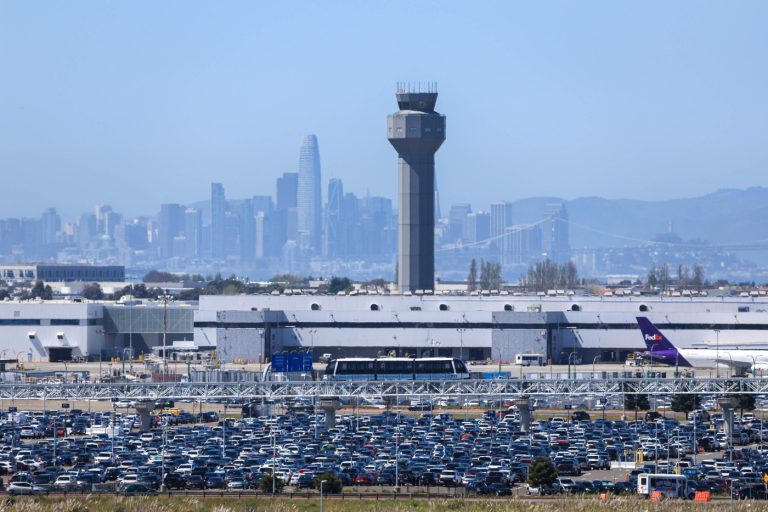By Esha Mitra and Joshua Berlinger | CNN
India’s capital territory of Delhi sweltered to its highest-ever temperature of 49.9 degrees Celsius (121.8 degrees Fahrenheit) on Tuesday, as an oppressive heat wave forced authorities to impose water rationing.
The Indian Meteorological Department (IMD) said the new record was measured in the suburb of Mungeshpur, surpassing Delhi’s previous high of 49.2 degrees Celsius (120.5 degrees Fahrenheit), observed in May 2022.
Some areas of Delhi are struggling to access water, while others have none at all, said Atishi Marlena Singh, a senior minister in the Delhi government, at a news conference.
Areas that normally receive water supplies twice a day will now have their delivery cut to once a day to redirect resources to areas that have had little to no supply at all, Singh said.
The water shortages were caused by the “acute heatwave,” as well as a lack of water deliveries from the northern state of Haryana to Delhi, which are not being made as usual, Singh said.
Delhi was not alone, as the mercury spiked across northwestern India. The temperature in the city of Churu in the state of Rajasthan soared to 50.5 degrees Celsius (122.9 degrees Fahrenheit). Sirsa, a city in the state of Haryana, saw thermometers reach 50.3 degrees Celsius (122.5 degrees Fahrenheit), Indian authorities said.
Heatwave conditions will prevail in Delhi on Wednesday but are expected to subside starting Thursday, the IMD said.
Related Articles
India votes in fifth phase of election including in city where PM opened controversial Hindu temple
Massive billboard collapses in Mumbai, killing at least 14
Modi escalates rhetoric against Muslims as India continues to vote
Police arrest 3 in Canada linked to Sikh separatist’s slaying
Misinformation rampant on social media as India goes to the polls
Extreme heat is becoming more common and intense in much of the world because of the human-caused climate crisis. India is particularly vulnerable to extreme heat and some places there are pushing the limits of human survivability, experts say.
One study found that heat waves have killed more than 24,000 people in the country since 1992. The increase in heat events in coming years could threaten India’s development, and risk reversing its progress on poverty alleviation, health and economic growth, the study said.












